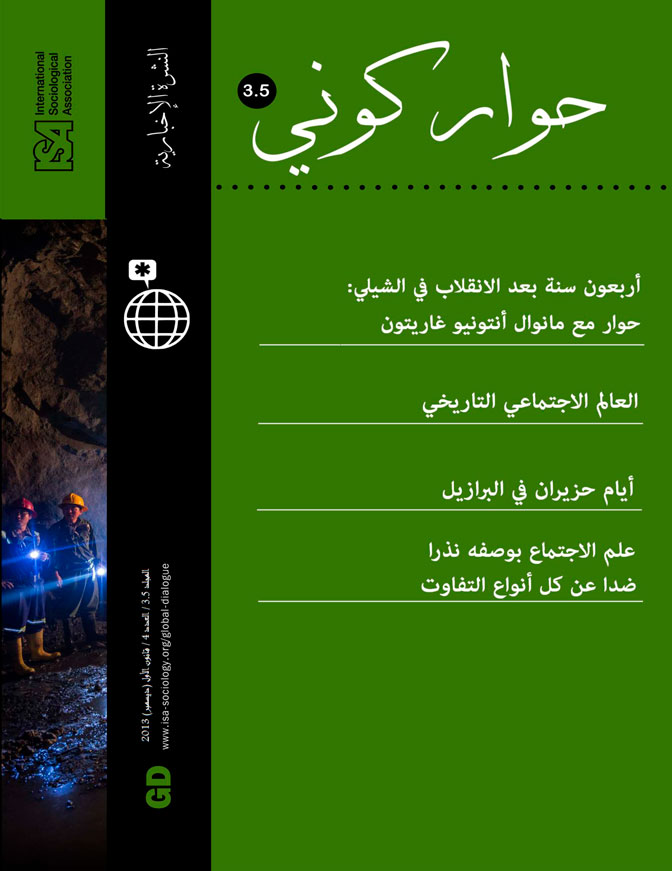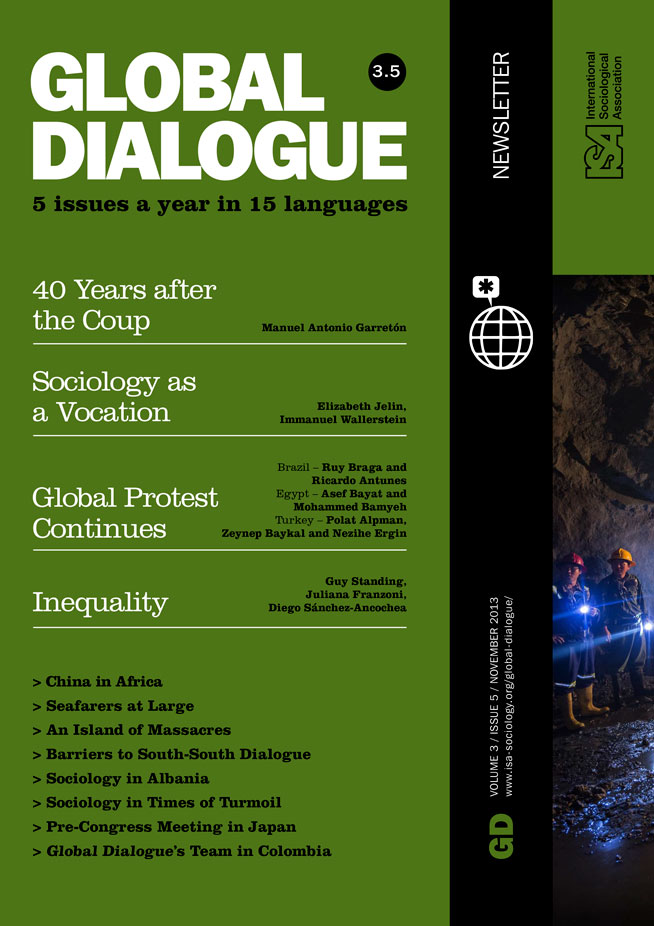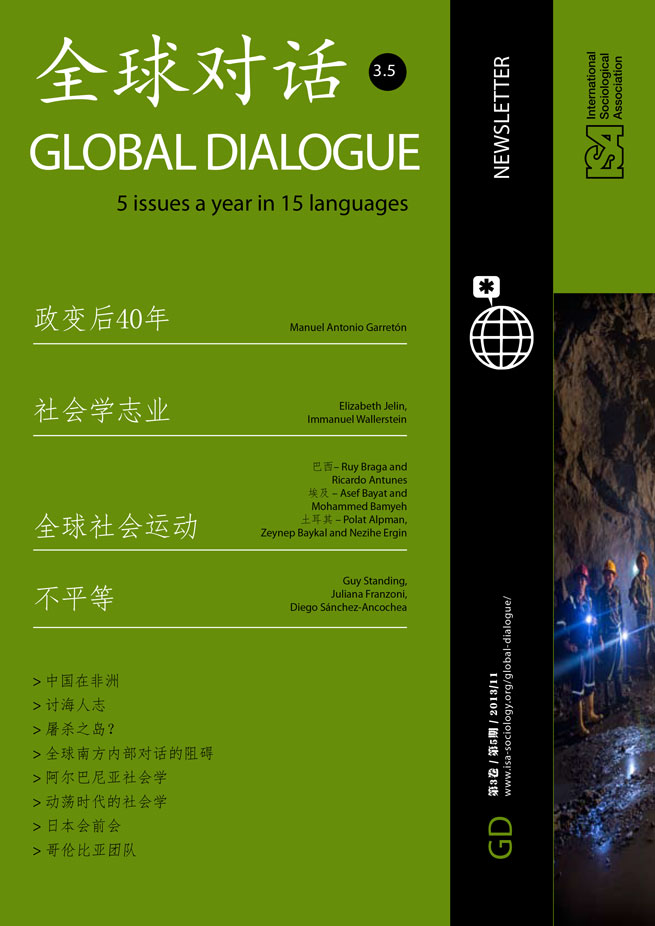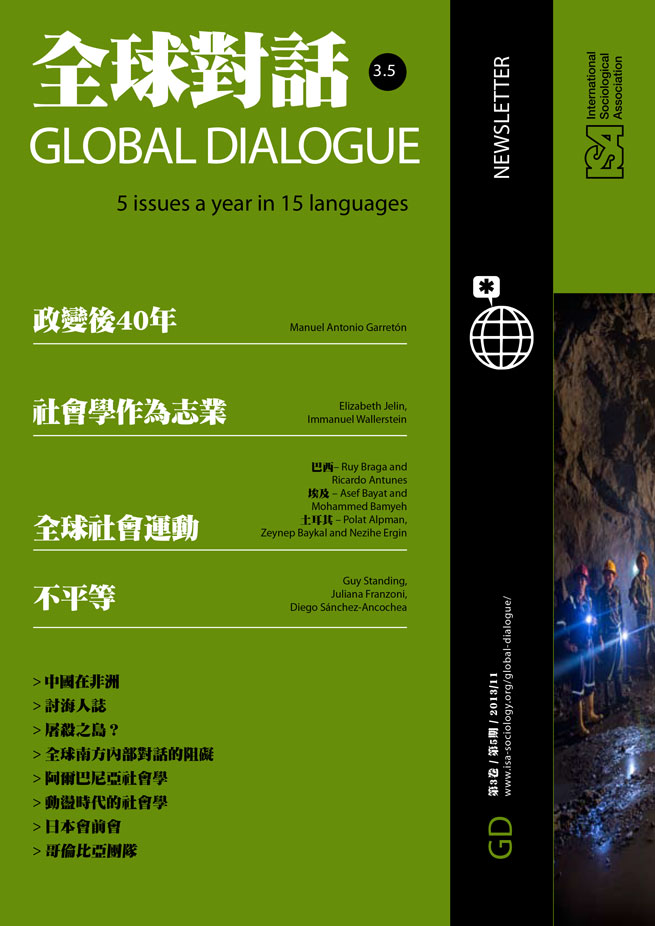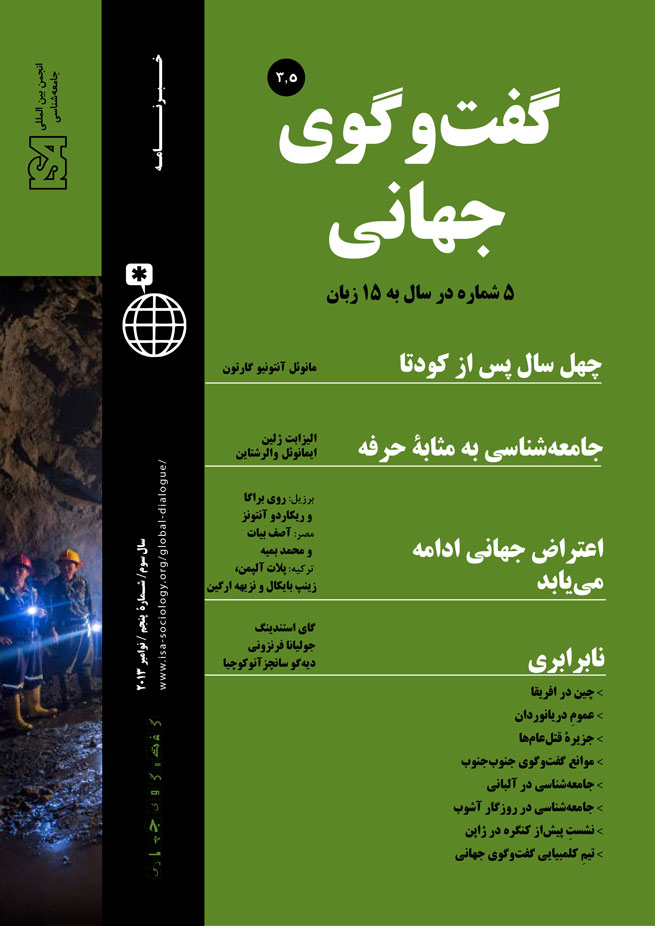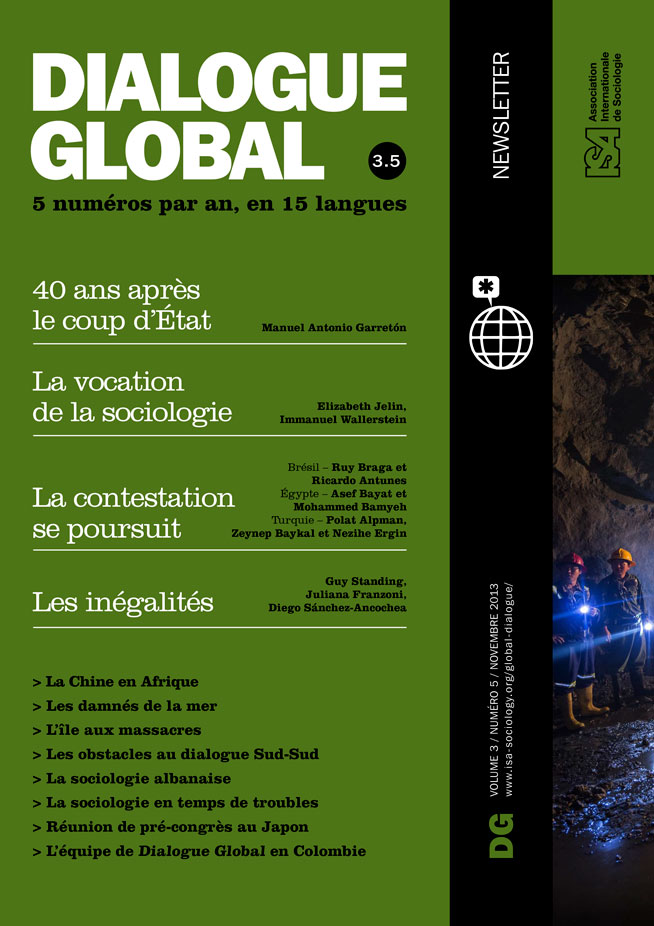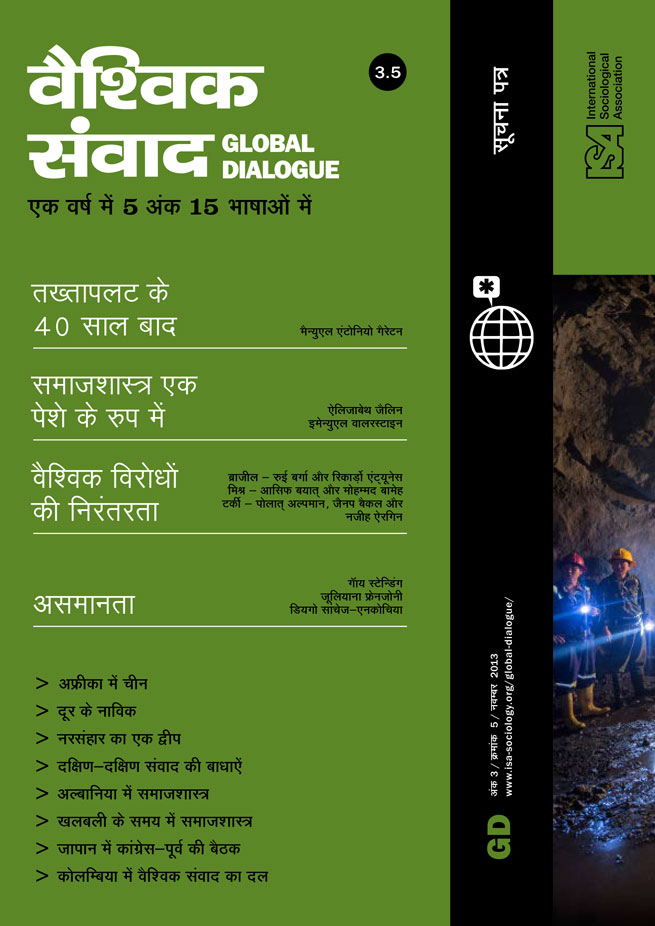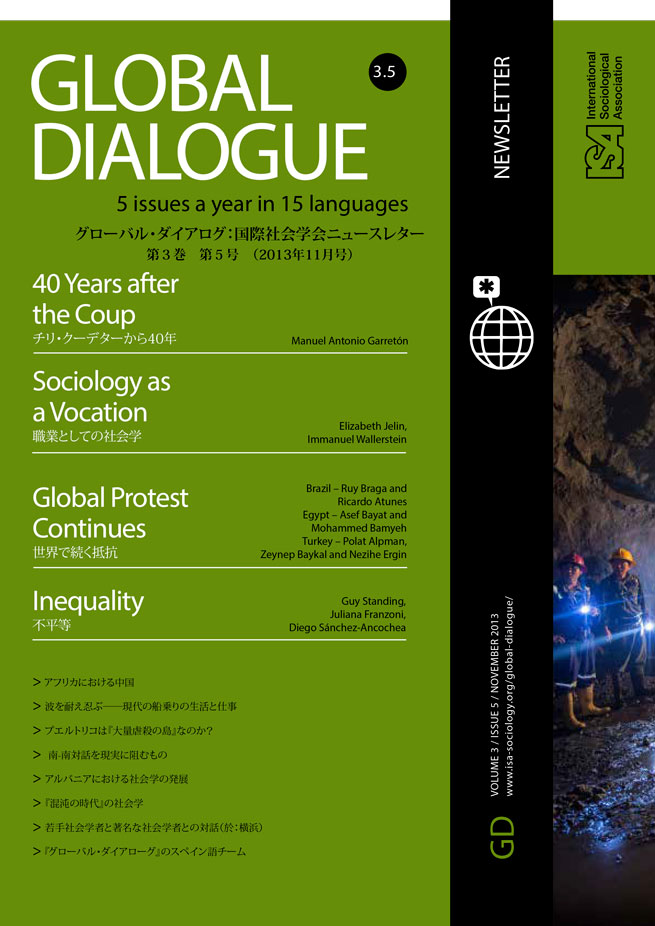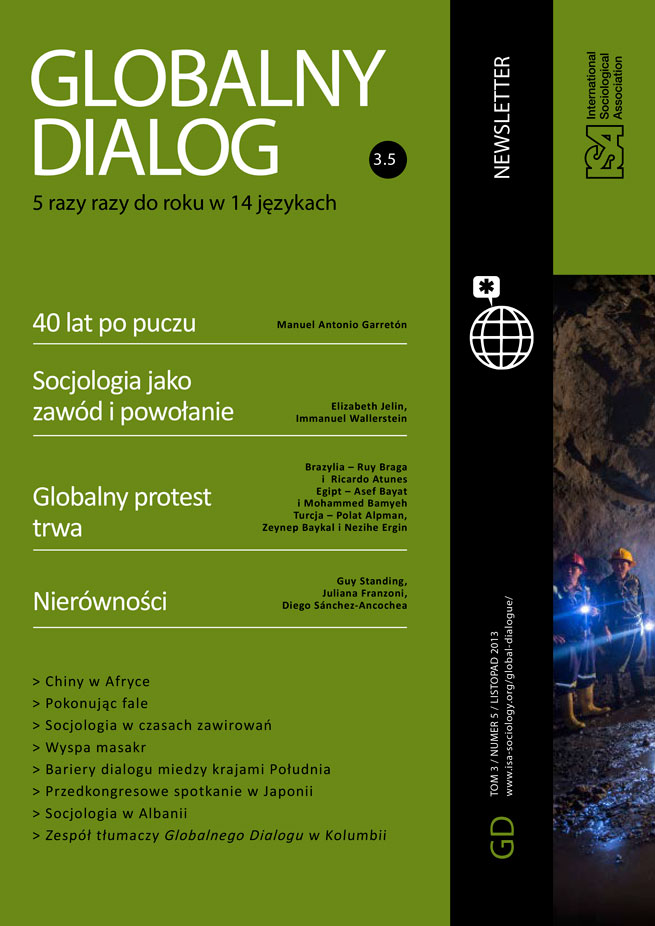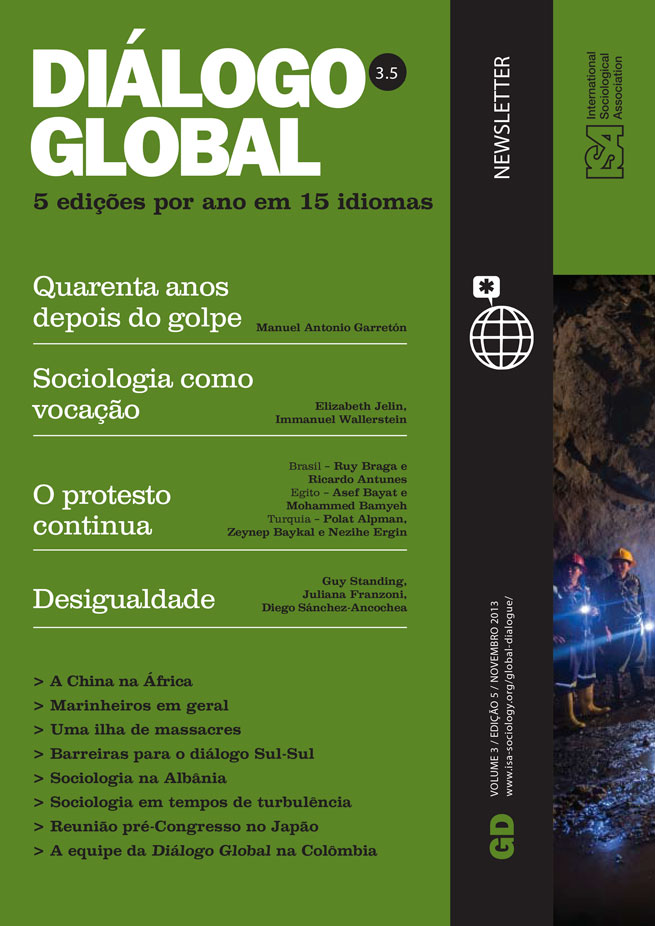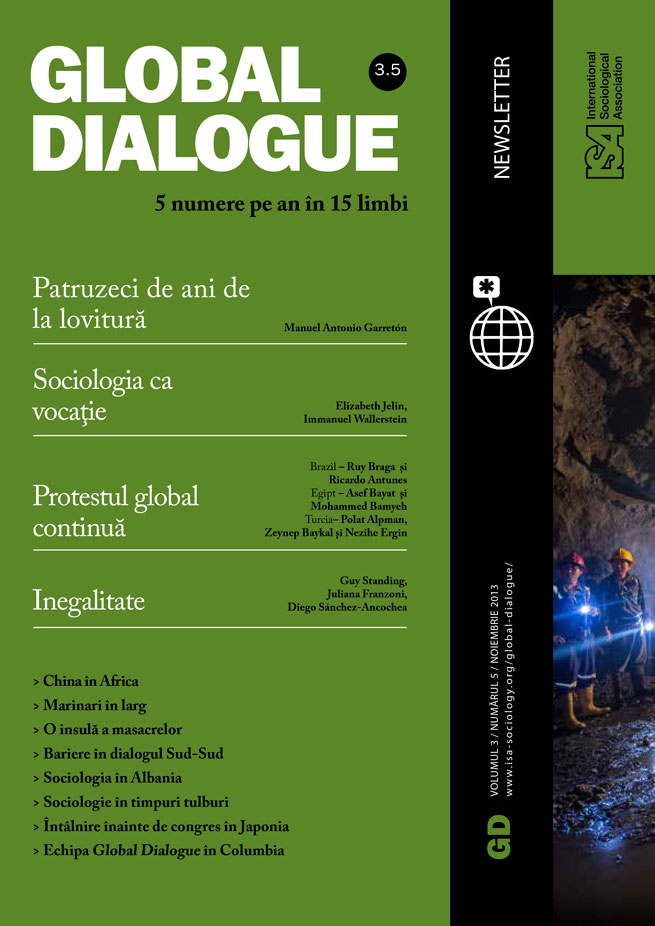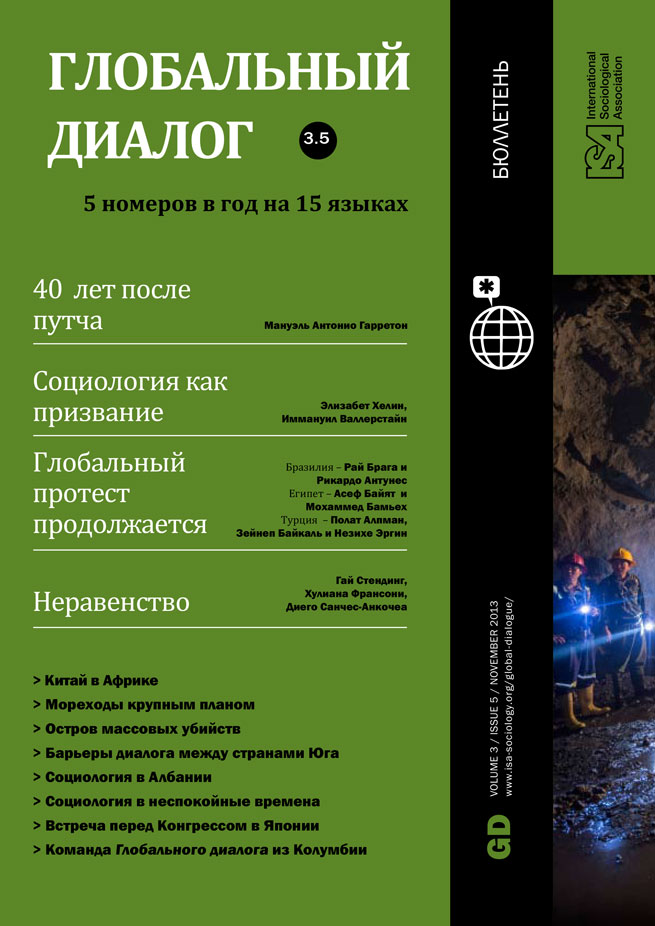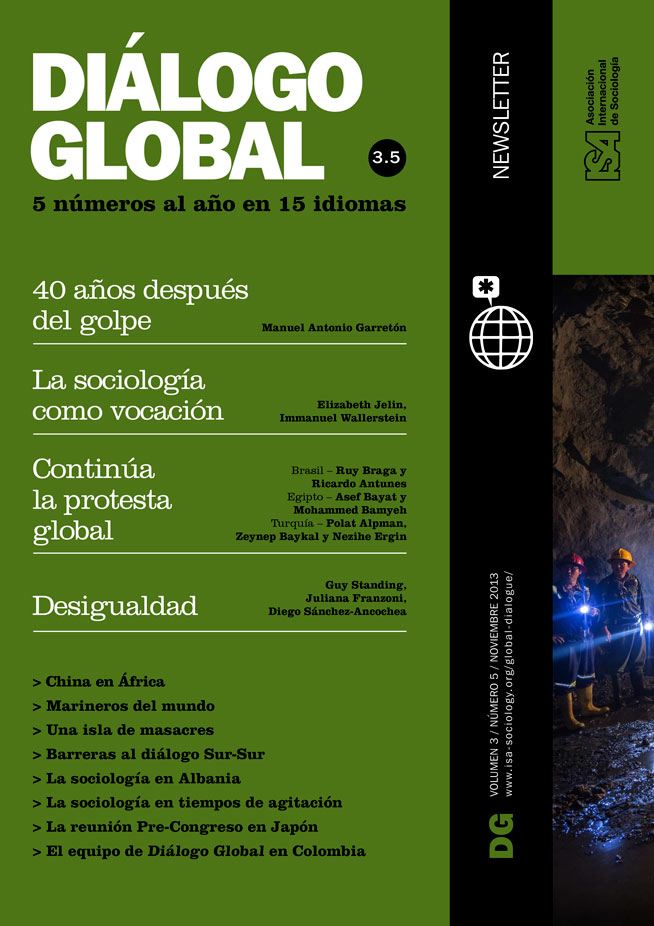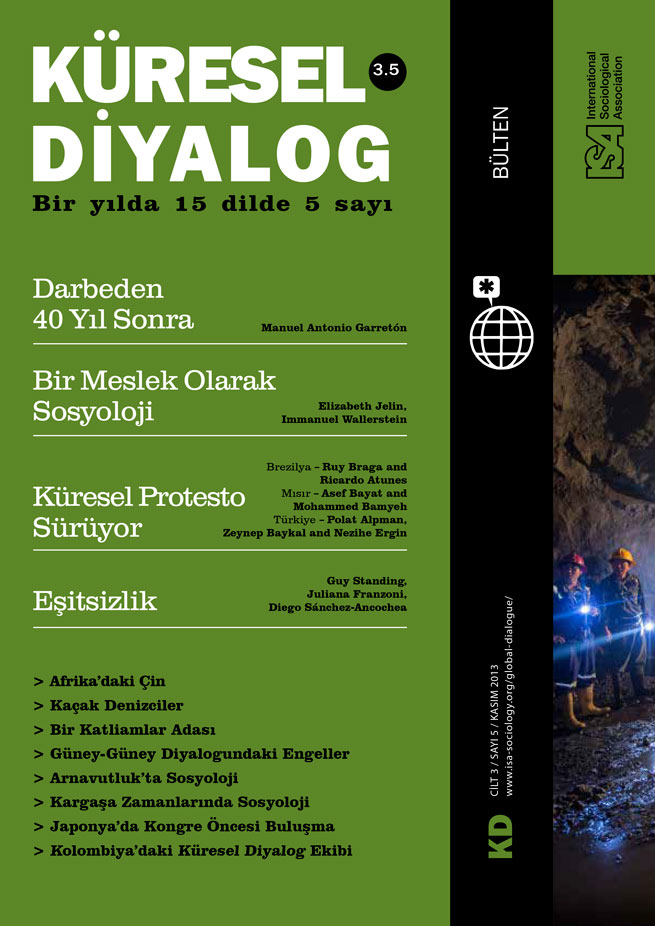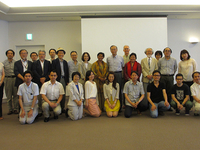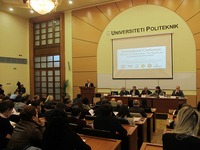Times of Turmoil The Third ISA Conference of National Associations
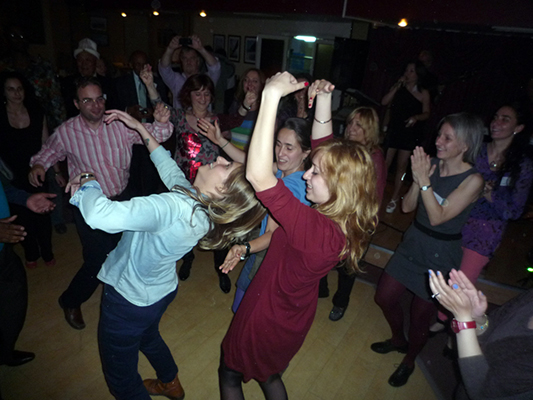
October 25, 2013
The Third ISA Conference of the Council of National Associations was held at the Middle East Technical University (METU) in Ankara, Turkey on May 12-17, 2013. The conference was jointly organized by the ISA with the Department of Sociology of METU, the Turkish Social Sciences Association and the Sociological Association of Turkey. The theme of the conference was “Sociology in Times of Turmoil: Comparative Approaches,” and the participants were representatives of National (Sociology) Associations from all over the world.
As the coordinator of the Local Organizing Committee, I was proud to host a major meeting of the ISA for the first time in Ankara. I can truly say that the organization of the conference proved to be a very exciting and instructive experience, which took more than one year and involved a fruitful collaboration with invaluable and wise members of the ISA, as well as connections with countless experts, administrators, representatives of funding organizations, and wonderful colleagues in Turkey and beyond. Needless to say, we also did our best to ensure that everyone had the opportunity to experience the specificities of the Turkish culture, history, food, music, and dancing – all (of course!) from a sociological perspective.
The theme of the conference has shown itself to be very timely and appropriate, as the Turkish events that followed in the aftermath of the conference have confirmed. Here, in Turkey, the “turmoil” was triggered by the determination of youth to protect the trees in a park at the center of Istanbul. It turned into a nationwide protest against the current government attempts to regulate people’s lifestyles – a collision that has been keeping us, the Turkish sociologists and social scientists at large, very busy trying to figure out the implications of the events for society, for social and political participation, for the future of democracy and fundamental freedoms, for the role of the media in society, and so the list goes on. (See also the two articles by Zeynep Baykal and Nezihe Başak Ergin, and by Polat Alpman in this issue of Global Dialogue.)
Fortuitously, the conference provided us with a sociological analysis of a similar experience in the US, the “Occupy Wall Street” movement, illustrating how sociologists can deepen the understanding of such protests and their impact on the social, cultural, economic, and political terrain. The conference program brought together the unique experiences of sociologists from all the continents, undergoing significant global transformations and crises over the last two to three decades. It was an informative and challenging exercise to draw comparative lessons from transformations that, to different degrees, have been affecting the economic, political, and social spheres of individual countries, calling for innovative approaches to make sense of the new social landscape.
The Conference proved once again how sociology that had itself emerged from the social turmoil of two centuries ago – turmoil that changed the world forever by paving the way for the so-called “modern society” – continues to respond to a wide range of social and societal challenges. The papers of distinguished sociologists from different national contexts demonstrated that the critical and creative stance of sociology today is in an excellent position to draw lessons from these times of turmoil.
On behalf of the Local Organization Committee, let me express our gratitude to all the participants for their valuable academic contributions and to the ISA Executive Committee for their support and guidance that helped ensure the smooth organization of the conference.
Ayse Idil Aybars, Middle East Technical University, Turkey

